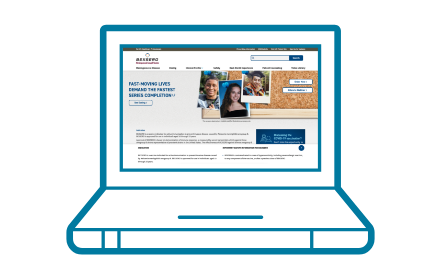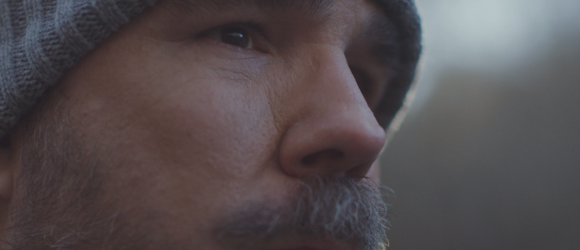BEXSERO is a vaccine indicated for active immunization to prevent invasive disease caused by Neisseria meningitidis serogroup B. BEXSERO is approved for use in individuals aged 10 through 25 years.
Approval of BEXSERO is based on demonstration of immune response, as measured by serum bactericidal activity against three serogroup B strains representative of prevalent strains in the United States. The effectiveness of BEXSERO against diverse serogroup B strains has not been confirmed.
BEXSERO is a vaccine indicated for active immunization to prevent invasive disease caused by Neisseria meningitidis serogroup B. BEXSERO is approved for use in individuals aged 10 through 25 years.
Approval of BEXSERO is based on demonstration of immune response, as measured by serum bactericidal activity against three serogroup B strains representative of prevalent strains in the United States. The effectiveness of BEXSERO against diverse serogroup B strains has not been confirmed.
BEXSERO is a vaccine indicated for active immunization to prevent invasive disease caused by Neisseria meningitidis serogroup B. BEXSERO is approved for use in individuals aged 10 through 25 years.
Approval of BEXSERO is based on demonstration of immune response, as measured by serum bactericidal activity against three serogroup B strains representative of prevalent strains in the United States. The effectiveness of BEXSERO against diverse serogroup B strains has not been confirmed.
- BEXSERO is contraindicated in cases of hypersensitivity, including severe allergic reaction, to any component of the vaccine, or after a previous dose of BEXSERO
- BEXSERO is contraindicated in cases of hypersensitivity, including severe allergic reaction, to any component of the vaccine, or after a previous dose of BEXSERO
- Appropriate observation and medical treatment should always be readily available in case of an anaphylactic reaction following the administration of the vaccine
- The tip caps of the prefilled syringes contain natural rubber latex, which may cause allergic reactions
- BEXSERO is contraindicated in cases of hypersensitivity, including severe allergic reaction, to any component of the vaccine, or after a previous dose of BEXSERO
- Appropriate observation and medical treatment should always be readily available in case of an anaphylactic reaction following the administration of the vaccine
- The tip caps of the prefilled syringes contain natural rubber latex, which may cause allergic reactions
- Syncope (fainting) can occur in association with administration of BEXSERO. Ensure procedures are in place to avoid injury from falling associated with syncope
- The most common solicited adverse reactions observed in clinical trials were pain at the injection site (≥83%), myalgia (≥48%), erythema (≥45%), fatigue (≥35%), headache (≥33%), induration (≥28%), nausea (≥18%), and arthralgia (≥13%)
- Vaccination with BEXSERO may not provide protection against all meningococcal serogroup B strains
- Some individuals with altered immunocompetence may have reduced immune responses to BEXSERO
- Individuals with certain complement deficiencies and individuals receiving treatment that inhibits terminal complement activation (for example, eculizumab) are at increased risk for invasive disease caused by Neisseria meningitidis serogroup B even if they develop antibodies following vaccination with BEXSERO
- Vaccination with BEXSERO may not result in protection in all vaccine recipients








